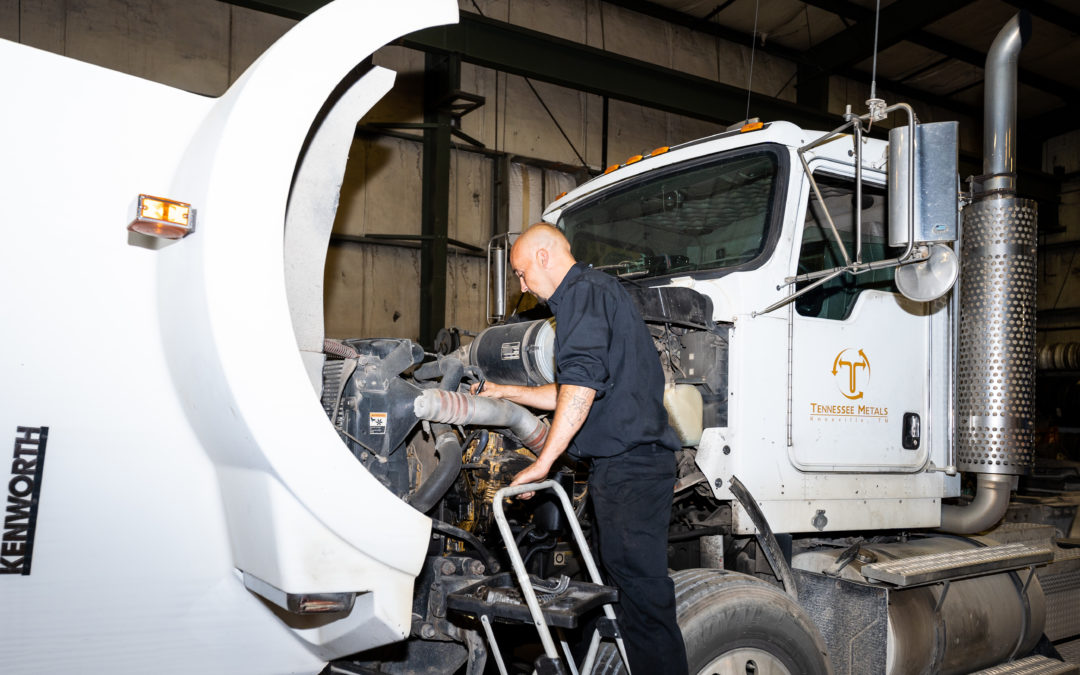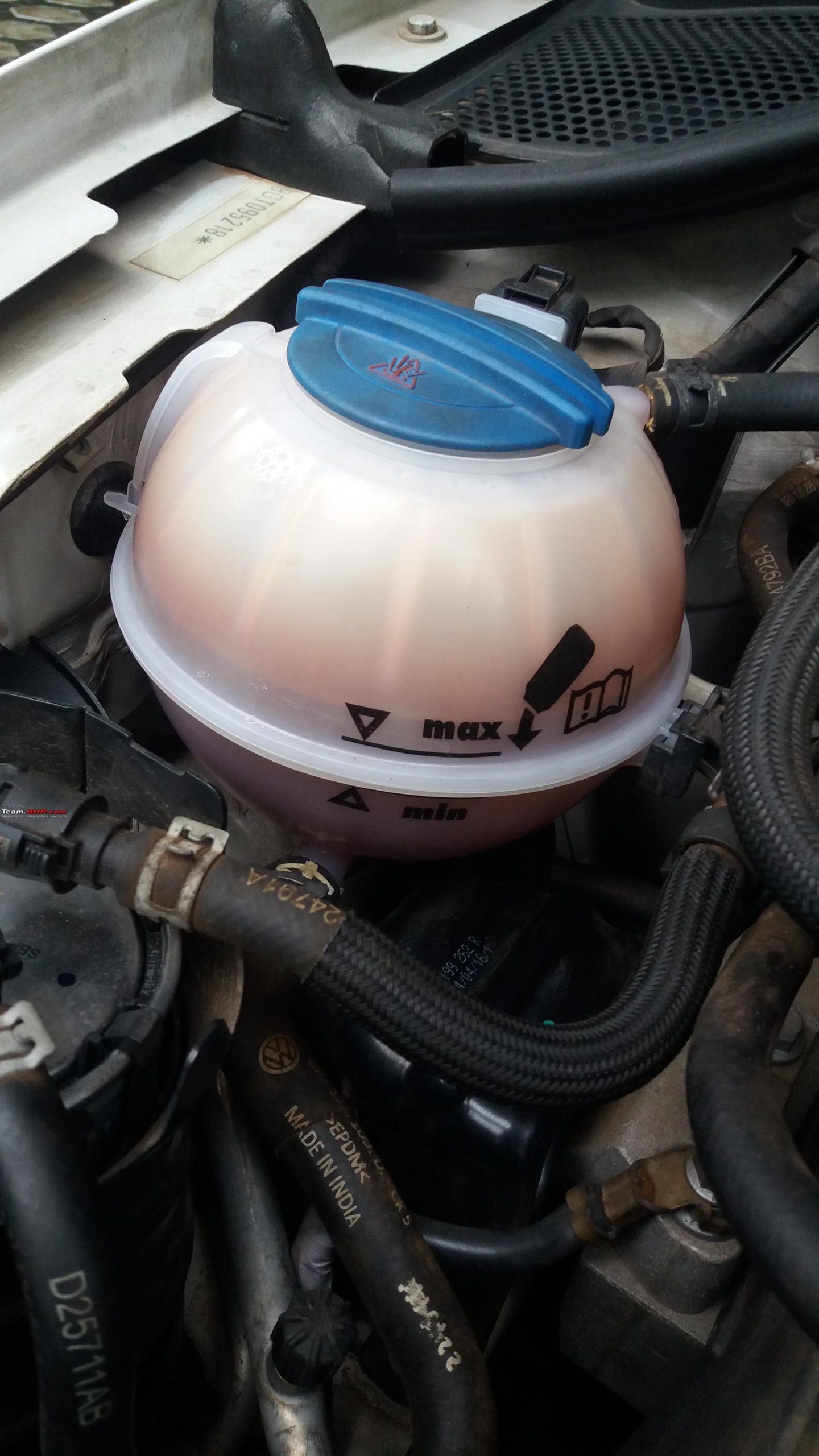Old coolant can cause overheating in your vehicle due to its reduced ability to dissipate heat. If not replaced regularly, coolant loses its effectiveness in preventing the engine from getting too hot, leading to potential overheating issues.
Signs Of Old Coolant
Old coolant in your vehicle can cause several issues, including overheating. There are a few signs that indicate that your coolant may be old and in need of replacement:
| Discoloration: | If your coolant appears discolored, such as being darker or cloudier than usual, it could be a sign that it has degraded over time. This can affect its ability to regulate the temperature in your engine. |
| Sediment buildup: | Another indication of old coolant is the presence of sediment or debris floating in the liquid. This buildup can clog the cooling system and restrict the flow of coolant, leading to overheating. |
It’s important to regularly check the condition of your coolant and replace it as necessary to prevent overheating and potential damage to your engine. Consult your vehicle’s manual or seek professional advice on the recommended coolant change interval for your specific make and model.
The Impact Of Old Coolant On Engine Performance
The impact of old coolant on engine performance can be significant, particularly in terms of reduced heat transfer and an inefficient cooling system. Over time, coolant can become contaminated with dirt, debris, and rust particles, causing it to lose its effectiveness. When the coolant is no longer able to effectively transfer heat, the engine may start to overheat. This can lead to various issues, including damage to engine components and decreased overall performance. It is important to regularly check and replace coolant to ensure optimal engine cooling and prevent overheating. Additionally, flushing the cooling system and performing a coolant exchange can help remove any built-up contaminants and extend the life of the coolant. By maintaining a properly functioning cooling system, you can prevent the detrimental effects of old coolant and avoid potential engine overheating.
Potential Causes Of Overheating Due To Old Coolant
Old coolant can indeed cause overheating in a vehicle due to a couple of potential factors. Firstly, old coolant may lack corrosion protection, which can result in the formation of rust and debris in the cooling system. This accumulated rust and debris can hinder the flow of coolant, leading to inadequate heat dissipation and subsequent overheating.
Secondly, as coolant ages, its boiling point decreases. Over time, coolant becomes less effective at transferring heat away from the engine. Consequently, the coolant may reach its boiling point more quickly and therefore lose its ability to regulate the engine temperature effectively. This can potentially lead to overheating.
To avoid these issues, it is essential to regularly maintain and replace coolant according to the manufacturer’s recommendations. By doing so, you can ensure that your coolant provides the necessary corrosion protection and maintains an appropriate boiling point, helping to prevent overheating in your vehicle.

Credit: cdspros.com
Prevention And Maintenance Tips
Regular coolant flushes and the use of high-quality coolant additives are crucial in preventing overheating caused by old coolant. Over time, coolant can deteriorate and lose its effectiveness. This can lead to the formation of deposits and impurities that can clog the cooling system, inhibiting heat transfer and causing the engine to overheat.
By regularly flushing the coolant system, you can remove these deposits and ensure that the coolant is able to effectively cool the engine. This is especially important in older vehicles that may have accumulated more wear and tear.
In addition to regular flushes, using high-quality coolant additives can also help improve the performance and longevity of the coolant. These additives can help prevent the formation of deposits and ensure the coolant remains clean and effective.
Conclusion
It is crucial to ensure that the coolant in your vehicle is clean and up-to-date to prevent overheating issues. Old coolant can lead to ineffective heat dissipation, resulting in engine overheating and potential damage. Regularly checking and replacing the coolant as recommended by your manufacturer can help maintain the optimal performance of your vehicle.
Don’t overlook this simple maintenance task to avoid costly repairs and keep your engine running smoothly.

